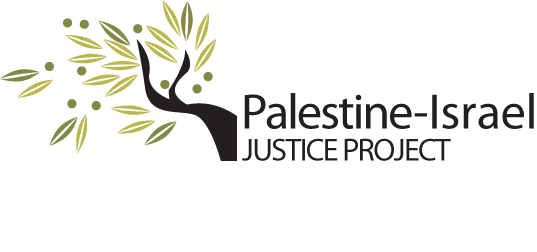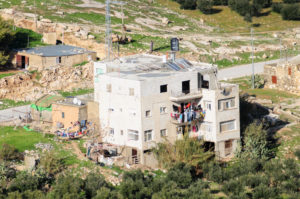Foreword to The Palestine-Israel Conflict:
Advocating for a Just and Lasting Peace
“Yet another study on Palestine-Israel?” you may ask.
“In addition to the on-going conflict in the Middle East, it seems like no international situation causes as much potential conflict in our churches and communities in the US as a discussion or study on Palestine-Israel. Why bother studying Palestine-Israel…again?” you may wonder.
“This study has a distinct bias. Is it fair to listen to one voice?” you may question.
“To what end should I study the issues of the Palestine-Israel conflict?” you may query.
All of these questions and concerns may come to mind as you receive, review and consider this study, written by a supportive group of United Methodists in Minnesota.
While many studies have been written and used over the years on Palestine-Israel, including a recent one by the United Methodist Women, the political landscape keeps changing with new chapters of violence and suffering as well as doorways and opportunities for hope and peace. That’s why another study on Palestine-Israel.
As Christians we are called to love one another even as we disagree with each other. What claim to Christianity can we make if we’re not open to listening, learning and opening our hearts and minds toward other Christians in our world, especially those who are in the throes of violence and suffering. That’s why we engage in study in spite of our disagreements.
Differences of perspective exist throughout the US, including the United Methodist Church. The curriculum raises the voices and concerns of Palestinian Christians. Why wouldn’t we listen to the voices of our own Christian brothers and sisters, even if their perspectives might be different from ours or challenge us to see this part of the world from their eyes? That’s why we listen to another voice.
The outcome of this study is to find reason to hope, to be encouraged in prayer, and to do something in support of those who have lived for generations in a difficult, nearly impossible, condition. The people of the Holy Land need us to know their pain and to care about their plight. That’s a desired outcome of this study.
I encourage you to use this study as a way of seeing the world through other Christians’ eyes and experience and be open to how God might open your eyes, mind and heart as a result.
Bishop Sally Dyck
<< Title Page | Forward (current) | Introduction >>

